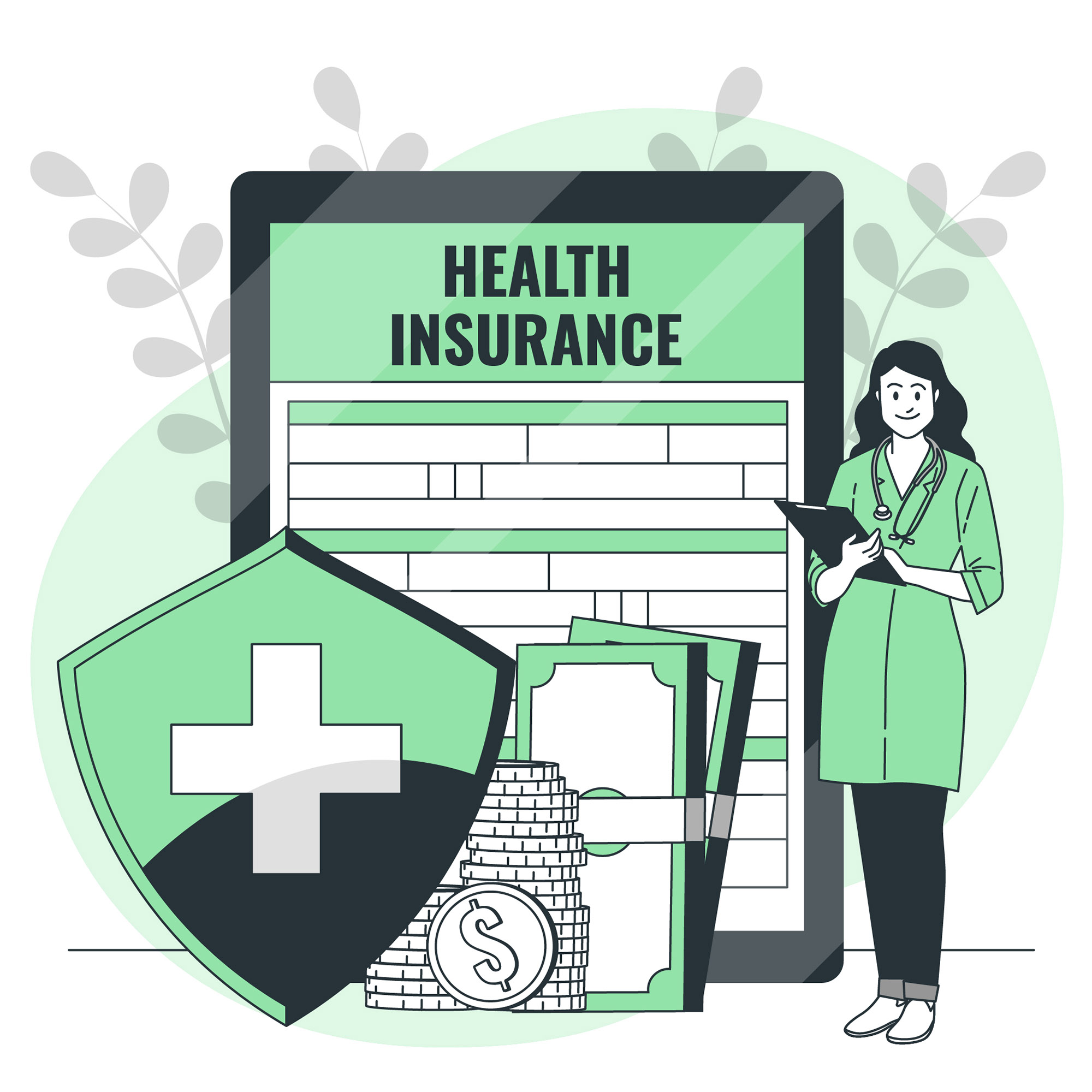Key Takeaways:
- ✅ Cashless claims = Direct hospital billing (less paperwork)
- ✅ Reimbursement claims = Pay first, claim later (wider hospital choice)
- 🔍 Best choice depends on your hospital preferences and emergency funds
Understanding Both Claim Types
1. Cashless Health Insurance Claims
How it works:
- Visit a network hospital (check insurer’s empaneled list)
- Show your health card & ID proof
- Hospital directly bills insurer (you pay only non-covered expenses)
Pros:
✔ No upfront payment required
✔ Minimal paperwork
✔ Faster discharge process
Cons:
❌ Limited to network hospitals (usually 5,000+ in India)
❌ Pre-authorization required (for planned hospitalizations)
❌ Might deny certain treatments as “non-payable”
Real Example:
Rahul (32) used cashless claim at Apollo Hospital Delhi:
- Total bill: ₹2,85,000
- Paid: ₹15,000 (for non-covered medicines)
- Claim settled in 4 hours
2. Reimbursement Health Insurance Claims
How it works:
- Get treated at any registered hospital
- Pay full bill yourself
- Submit documents to insurer for refund
Pros:
✔ Freedom to choose any hospital
✔ Covers emergencies during travel
✔ No network restrictions
Cons:
❌ Requires immediate funds (credit cards/emergency savings)
❌ Lengthy paperwork (15-30 days for refund)
❌ Higher chance of document rejection
Real Example:
Priya (45) claimed reimbursement after Nepal vacation accident:
- Paid: ₹1,92,000 upfront
- Reimbursed: ₹1,78,500 after 3 weeks
- ₹13,500 deducted for “non-covered items”
Side-by-Side Comparison
| Factor | Cashless | Reimbursement |
|---|---|---|
| Hospital Choice | Network only | Any registered hospital |
| Upfront Payment | Not needed | Full amount required |
| Claim Time | 4-48 hours | 15-30 days |
| Paperwork | Minimal (2-3 docs) | Extensive (10+ docs) |
| Best For | Planned surgeries | Emergencies/travel |
5 Situations When Cashless is Better
- Planned surgeries (knee replacement, cataract)
- Chronic disease management (diabetes, dialysis)
- When low on emergency funds
- For senior citizens (avoid payment stress)
- Metro cities (more network hospitals)
5 Times to Choose Reimbursement
- Medical emergencies while traveling
- Preferred doctor at non-network hospital
- Alternative treatments (AYUSH, homeopathy)
- Small towns (few network hospitals)
- When hospital denies cashless (technical reasons)
Expert Tips to Maximize Benefits
- Always carry your health card (even for reimbursement)
- Pre-authorize 48 hours before planned hospitalization
- Keep digital copies of all bills/reports
- Follow up daily for reimbursement claims
- Use combo approach – Cashless when possible, reimbursement as backup
FAQs
Q: Can I switch from cashless to reimbursement later?
A: Yes, but must inform insurer before discharge. Some hospitals charge extra for billing changes.
Q: Which has higher claim rejection rate?
A: Reimbursement (12-18%) vs Cashless (7-9%) due to document issues.
Q: Do premiums differ for these options?
A: No, same premium for both claim types in most policies.
Q: Best policy for parents combining both options?
A: Star Health Senior Citizen Red Carpet – 6,500+ cashless hospitals + pan-India reimbursement.
Final Recommendation
For most buyers:
- 80% cashless + 20% reimbursement is ideal balance
- Verify network hospitals near your home/work before buying
- Maintain emergency fund equal to 50% of sum insured
👉 Pro Tip: Use our Hospital Network Checker to find empaneled hospitals near you → Check Now
